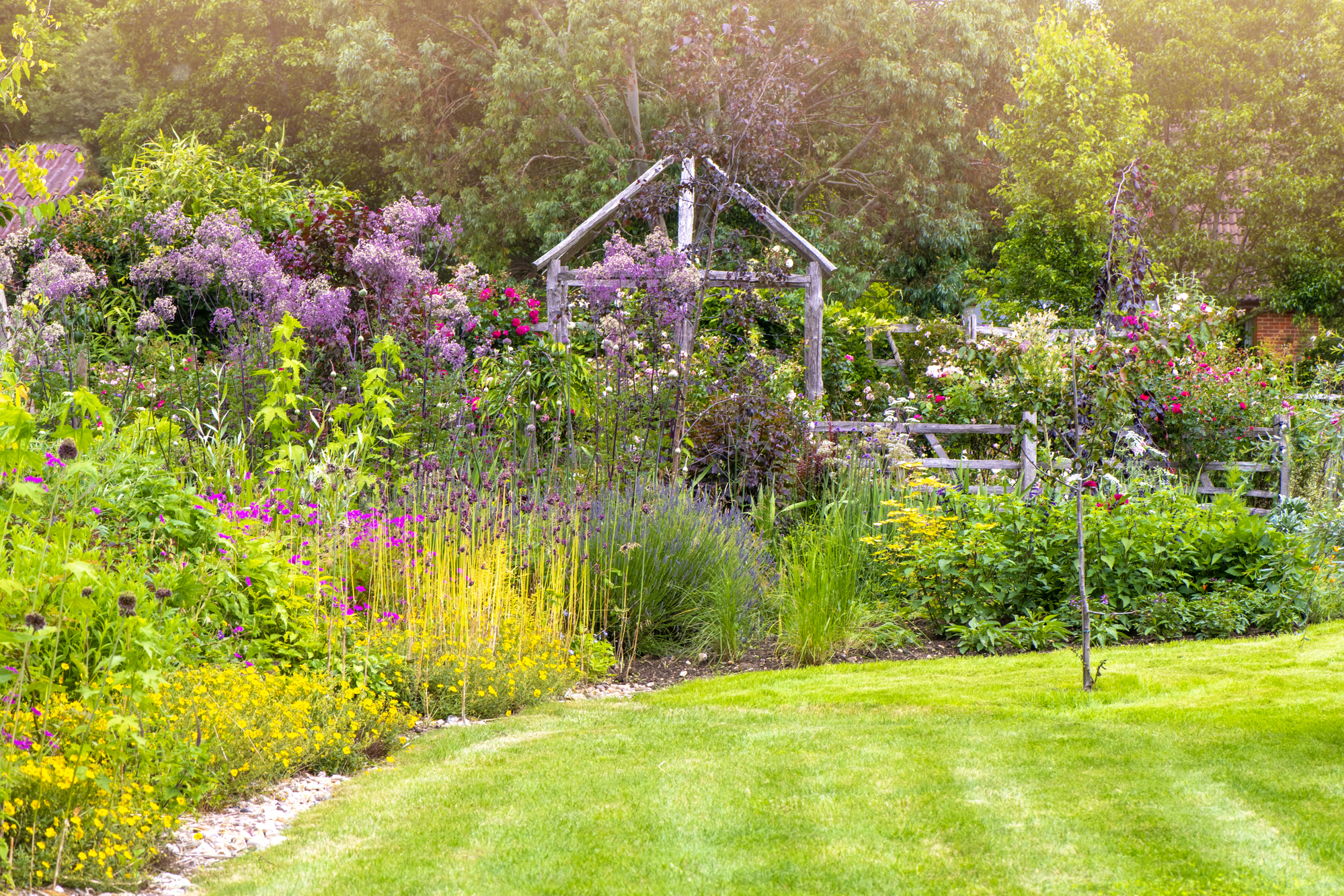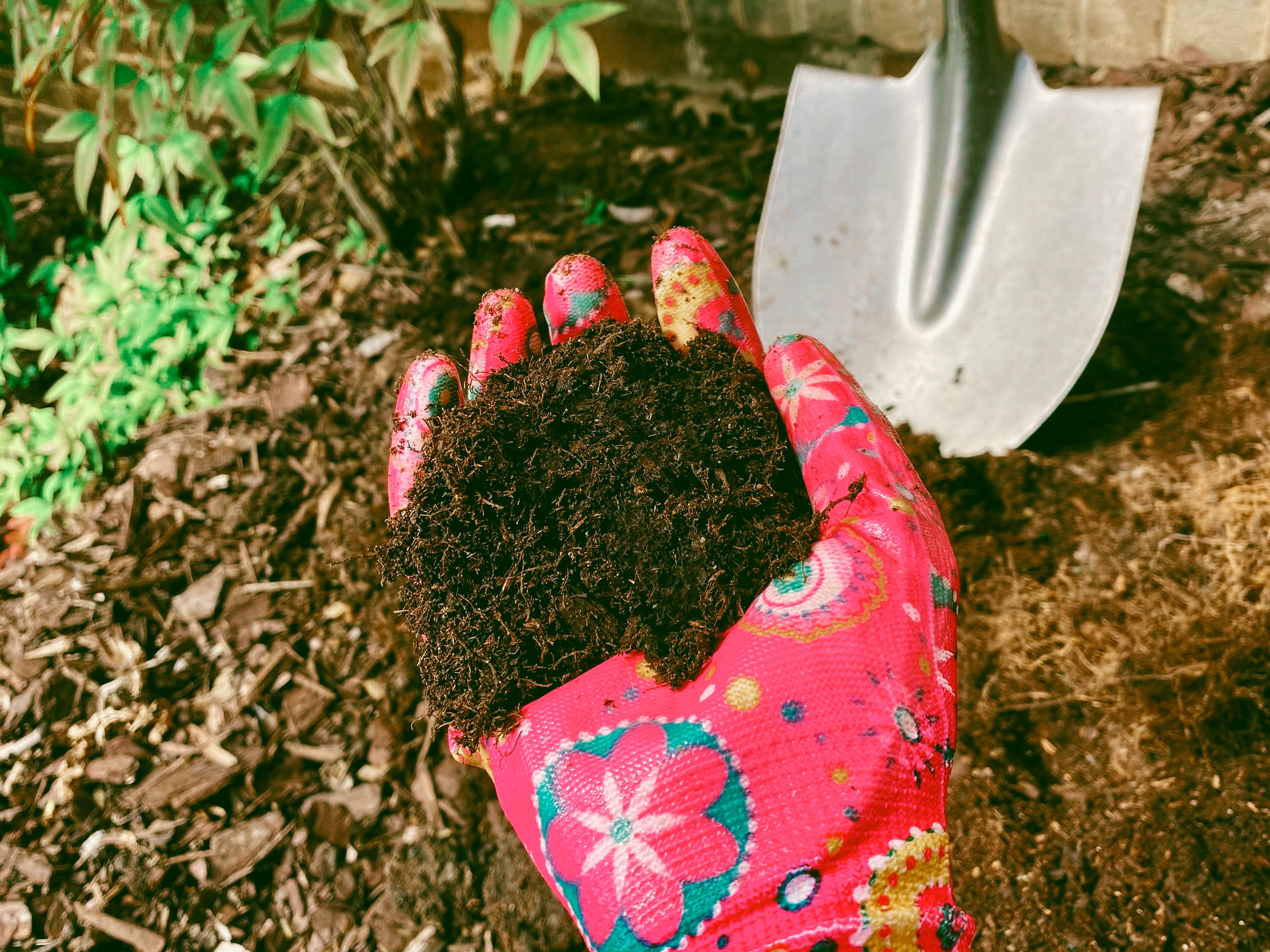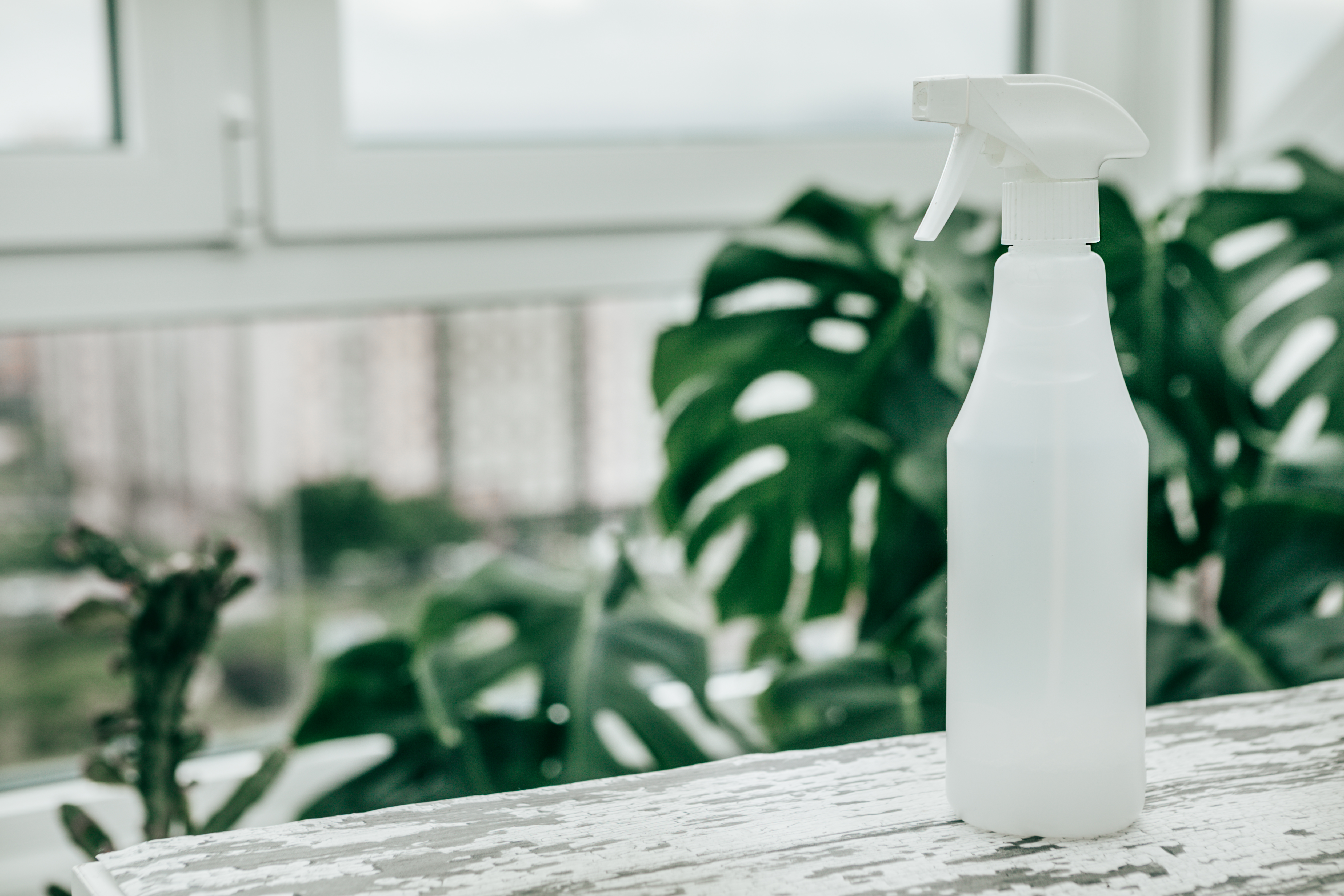
I hate removing garden weeds, and I know many of you do too. It's such a laborious task. But if there's something that I dislike more, it is polluting my garden with chemicals to remove weeds. After all, overusing herbicides and pesticides can contaminate groundwater and harm beneficial plants and soil. So, I reached out to top gardening experts to help me with easy, eco-friendly, and organic solutions to get rid of them.
Thankfully, there are plenty of homemade solutions to the rescue. I was surprised at how far simple kitchen ingredients can help you get rid of these garden dementors. Take a look at some of the suggestions sent in by top experts and make your backyard garden a lush, green, and healthy space.
1. Vinegar and dish soap
To ensure your modern garden always stays healthy and well-manicured, always tend to the weeds in time. A great, easy-to-make solution is hiding in your kitchen.
'Mix equal parts of vinegar and dish soap in a spray bottle and spritz the solution over your weeds,' says Nick Wood, a gardening expert at GardeningExpress. 'This is a great option for smaller, newer weeds. Bigger ones will need something stronger. Be careful not to spray this on plants or soil as you could kill beneficial nutrients.'
'Using this solution on a sunny day is critical, as the acid in the vinegar plus the salt sucks all the moisture out of the weeds to help kill them while the dish soap helps it stay on the foliage instead of bead up or drip off,' says Kat Aul Cervoni, landscape designer and founder of Staghorn NYC and The Cultivation by Kat. 'Especially large or aggressive weeds will likely need multiple doses since this doesn't get down into the roots as commercial sprays do.'
2. Baking soda
Another urban gardening idea to get rid of weeds is by using baking soda. This is an incredible weed killer especially when it is mixed with other kitchen staples, like vinegar or lemon juice.
'Baking soda is a stronger solution and is effective at killing weeds,' says Nick. 'Pour some water onto the weeds then sprinkle around one teaspoon of baking soda on top. Wetting the weeds first allows the baking soda to stick a bit better. Within a day or two you’ll notice the weed turning brown and you’ll be able to pull them out easily.'
3. Mulching

Maintain your garden and flower beds by getting naturally rid of weeds. Choose solutions that not only prevent harm to the garden but also, in turn, add a healthy boost to it. Mulching is one way.
'Mulching is a great way to suppress weed growth in your garden,' says Richa Kedia, gardening expert and publisher, and founder of Simplify Plants. 'Applying a layer of organic mulch, such as wood chips or straw, to the soil around your plants helps prevent sunlight from reaching the weeds. This, in turn, will slow down their growth and eventually kill them. Additionally, as the mulch decomposes, it will add valuable nutrients to the soil, benefiting your plants.'
4. Boiling water
Scald those pesky weeds with boiling water. And no, it's not as extreme as it sounds, nor will it ruin the rest of your yard.
'Be sure to take extra caution so you don’t get burned,' says Kat. 'Pouring boiling water directly onto weeds is an effective, natural way to eradicate them. The bonus is that you can do this in any weather or any time of day. And, it’s free! This is a good method as it kills the roots as well (just be sure to use enough water that it seeps down).'
'The downside is that if you have a lot of weeds to get after, you need to make a lot of trips to the kitchen to fetch enough water,' says Kat. 'But it’s great for spot-weeding. Pouring directly from a kettle can help you get in direct contact with the weed(s) in question and keep your pour controlled.'
5. Vinegar and water

There are more ways to use vinegar than one.
'Mix equal white vinegar and water in a spray bottle and apply it directly to the weeds,' says Richa. 'The acetic acid in the vinegar will dry out the leaves and roots of the weeds, causing them to die. Be careful not to spray the vinegar solution on your desirable plants, as it can also harm them.'
Keep in mind to not contaminate nearby plants, so do this early in the morning when there’s little wind. Apply the vinegar on a cloudless day, which ensures that rain won’t wash it off before it starts working.
6. Salt
Save your backyard greenery with simple salt. Sprinkle just a pinch down at the base of each weed. This will kill the offender and get diluted within a couple of rainfalls. Do keep in mind that salt renders the soil sterile for a few months, so make sure you apply just a small amount and only where needed. Be careful not to get it on the rest of the grass, plants, or vegetables.
While this is an extreme solution, perhaps apply the salt in an area where the long-term health of the soil is not an issue (like between patio stones, cracks in driveways, etc). It's safer not to use it in a vegetable garden. If you're applying salt to weeds in a garden bed, consider a weaker mixture, such as a 1:2 mixture of salt and water.







